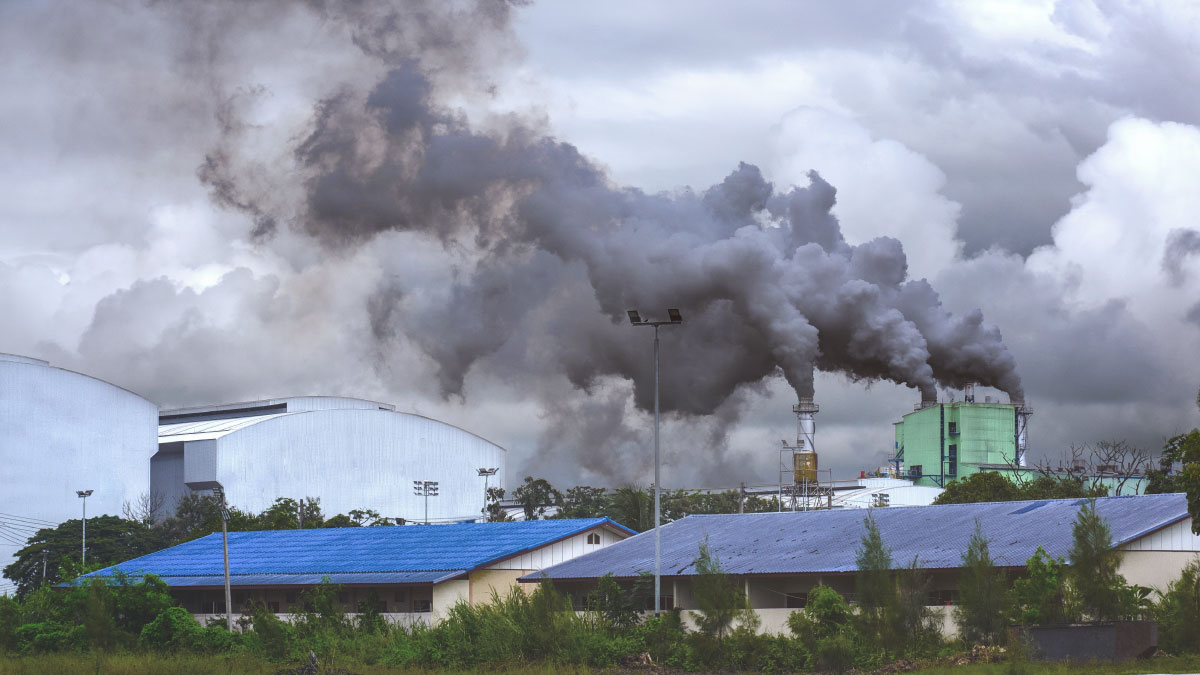The word on everybody’s lips nowadays is COP27. Short for Conference of Parties, COP is an event held annually by the UN since 1995 to assess progress done on efforts to fight climate change on a global scale. COP is often an event attended by heads of states, government representatives, diplomatic missions, and global and local NGOs. The 27th edition coming up in Sharm El Sheikh, the first to be hosted in Egypt, is to kick off on November 6, 2022.
In the lead up to the highly-anticipated summit, the renowned public policy research center based at the American University in Cairo (AUC), Alternative Policy Solutions, hosted Ambassador Wael AboulMagd, President-Designate of COP27, to get his take on the state of affairs for climate discussions and COP27. The event saw attendance by a slew of high-profile guests, including a number of ambassadors, NGO leaders, and figures of academia the likes of AUC President Ahmed Dallal.
Straight off the bat, AboulMagd stressed the absolute urgency of addressing climate change, calling it the ‘foremost existential challenge facing humanity today.’
But while the entirety of humanity will be impacted by climate change, not all humanity is culprit in causing it – but rather a handful of nations.
“The industrial revolution started in the UK and expanded to Europe and the U.S.,” said AboulMagd. “The emissions from the economic activities of [the] developed world (ever since) are responsible for nearly 100 percent of emissions for the majority of the time since then. Today they remain the top countries with harmful emissions, but now the list also includes newly industrialized countries like China.”
“This has laid the foundation for a diplomatic principle, Historical Responsibility,” he added.
‘Historical Responsibility’ is a principle established in the first climate conferences in Rio De Janeiro back in 1992. It stipulates that while all countries will be impacted by climate change, developed countries should bear the biggest share of the responsibility simply by virtue of them being the biggest (if not sole) culprits of the issue. In its essence, this narrative held industrialized nations accountable for their abuse of the planet, but, sadly, it didn’t survive for long.
“It was established (in Rio) that one side (industrialized countries) needs to do a lot more, and the other side (developing countries) are mere victims but should also act out of goodwill. This principle has changed over time until the Paris Climate Summit in 2015 when this principle was no longer part of the discussion. It even became a challenge for negotiators representing developing countries to even mention the (Historical Responsibility) principle,” revealed AboulMagd.
Instead, “now we deal with this vital issue as if there hadn’t been parties that have more responsibility than others, and this principle was thus replaced by another more vague principle, namely ‘Common but Differentiated Responsibilities’ principle,” AboulMagd further elaborated.
This emerging principle, while vague, kept industrialized nations somewhat accountable for climate change, while broadening the scope of responsibility to include all nations impacted by climate change (i.e. all nations on earth). But even that toned-down principle didn’t survive for long, and the narrative now, according to AboulMagd, is that all countries must do their best to address climate change.
“Abandoning the ‘Historical Responsibility’ principle only serves the interests of developed countries, and it has led negotiations to become more like a standoff between the developed and developing countries whereas developed countries want to enforce lower emissions on all countries, basically entailing lower growth rates for developing countries (which are already struggling),” exclaimed AboulMagd.
On the other hand, developed countries that have accumulated riches over centuries by way of abusing the climate to push their economies forward, have a moral obligation to support other countries with their vast resources to accommodate economic downfalls of going sustainable and addressing climate change. This support, according to AboulMagd, comes in one of three forms; funding, technology transfer, and capacity building – all of which developed countries are severely falling short in providing.
Furthermore, developed countries remain keen on putting their interests first, and keep using their vast arsenal of media and public relations powerhouses to ‘spin’ the narrative in their favor.
That is all not to say that developing countries have no responsibility to bear in the face of the impending climate crisis – only that the effort needs to be led by those at the top. At this point, with climate change acutely impacting everyone’s lives, and the world’s future generations most likely to be born in extreme weather conditions and hardships, all hands need to be on deck to address this existential threat to humanity.
This is the global climate (no pun intended) in which COP27 is happening. In fact, this edition of the conference is facing unprecedented challenges, as per AboulMagd.
“Every COP is harder than the one before for one reason or another,” said AboulMagd.
“COP27 stands out in that it’s coming right as the world gets out of a pandemic that had severe economic repercussions. The second factor is the rising geopolitical tensions as a result of the Russian war but not only that, but also the polarization of international relations that resulted from this war. Add to the mix the rising tensions in US-China relations (the two countries with the highest emission and whose cooperation is crucial to the success of any climate action) are adding so much pressure [on COP27 negotiations].”
It remains to be seen whether world leaders show the determination and cooperation it would take to save the planet and future generations. But as COP27 quickly approaches, one can only hope differences are set aside and the future of humanity front and center.









